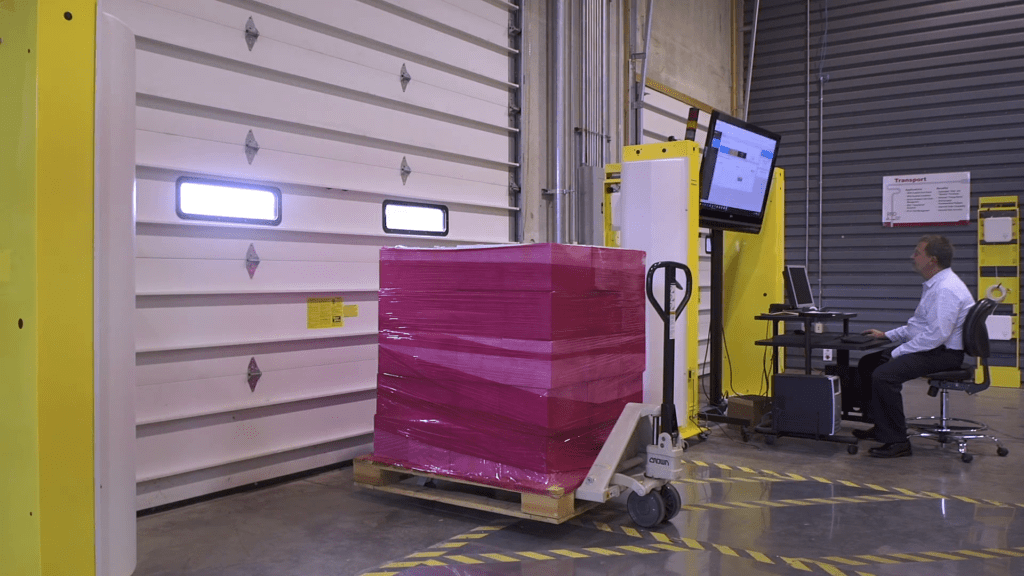RFID Tags and Solutions for Supply Chain Traceability
RFID tags and solutions for supply chain enable real-time tracking, eliminate manual shipping errors, and boost inventory accuracy. They streamline operations, reduce chargebacks, and drive end-to-end efficiency across the supply chain.

Selecting the right RFID tags is just as critical as choosing when and where to implement the tagging. Implementing RFID early in the supply chain unlocks its full potential in terms of benefits and scalability while guaranteeing the highest ROI. We work with ARC-certified tags that meet the strictest standards and mandates from Walmart and other major retailers.
Invento supports the entire process—from tag selection and testing to rightsizing hardware and configuring equipment for maximum performance and cost-effectiveness. Our RFID tunnels, RFID portals, and in-plant printing (IPP) systems are purpose-built for high-speed, high-volume warehouse operations and cost-effectiveness.
Source Tagging: A Critical Step for Cost-Effective RFID Deployment
A key point to emphasize is that RFID’s effectiveness increases when tags are applied early in the supply chain, such as during manufacturing or at distribution centers, which makes the technology more cost-effective and valuable throughout the process.
Why RFID Source Tagging is Essential:
Enhanced Inventory Accuracy: Source tagging ensures consistent tagging, reducing errors and discrepancies that occur in the supply chain, leading to precise inventory management and optimized omnichannel fulfillment.
Efficiency & Cost Savings: It speeds up inventory turnover, lowers labor costs, and allows store employees to focus on customer service, maximizing ROI with accurate inventories early in the supply chain.
Theft Prevention: Tagging at the source improves security, enabling full inventory tracking from factory to retail floor, reducing shrinkage and organized retail crime (ORC).
Sustainability: It reduces waste, supports recycling, and improves tracking of products throughout their lifecycle, contributing to a greener supply chain.
InventoPortal™
InventoPortal™ delivers a fully automated solution for chokepoints like dock doors, with the option to start with traditional handheld devices based on the volume and traffic of your warehouse or distribution center.

Benefits:
- Ensure 100% accurate receiving and dispatching of merchandise in seconds
- Enhance data reliability and eliminate human error
- Reduce chargebacks, claims, and improve inventory accuracy to over 95%
- Mitigate theft and streamline inventory management
- Access real-time data for informed decision-making
- Minimize product handling and cut labor costs
Automated Inventory Tracking Solution
InventoPortal™ delivers a fully automated solution for chokepoints like dock doors, with the option to start with traditional handheld devices based on the volume and traffic of your warehouse or distribution center.
Benefits:
- Ensure 100% accurate receiving and dispatching of merchandise in seconds
- Enhance data reliability and eliminate human error
- Reduce chargebacks, claims, and improve inventory accuracy to over 95%
- Mitigate theft and streamline inventory management
- Access real-time data for informed decision-making
- Minimize product handling and cut labor costs